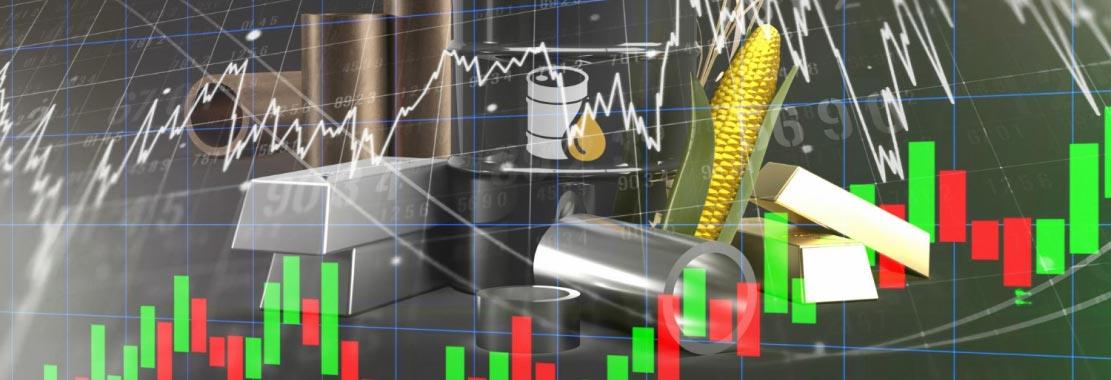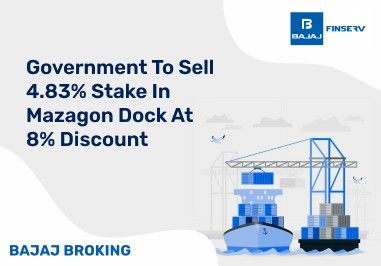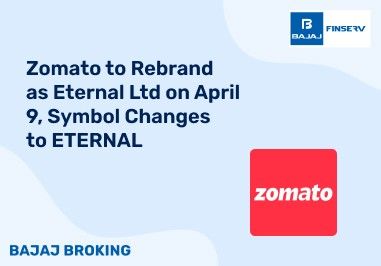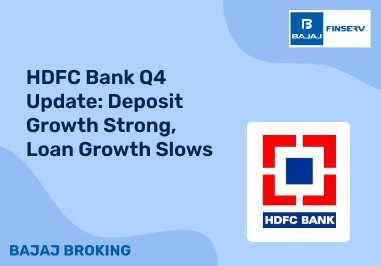There is no doubt that the market offers different avenues through which investors can use any idle capital that they might have lying around to generate profits. But knowing which avenue to select to maximize your profits. However, it’s vital to select the right avenue to maximise reward and this is where knowing the difference between the stock market and commodity market is important.
When it comes to stocks, it means that investors own a part of a company. As for commodities, they are goods like metals, agricultural products, oil, etc. Investors need to know that both stocks and commodities are traded in different marketplaces. Here’s a look at everything different between the stock market and commodity market.
What is the Stock Market?
The stock market is a group of all the exchanges that are involved in the buying and selling of stocks. Think of stocks as units of a company’s overall equity. The value of the stocks held by an investor can keep changing with changes in a company’s equity. These changes could be the result of different internal and external factors. Stocks can be sold anytime after they are bought, be it on the same day, a few weeks down the line or even decades later.
The stock market in India is a combination of two main stock exchanges:
To begin their investment journey and buy or sell stocks in collaboration with any of these exchanges, an investor would need to open a Demat and trading account with a stockbroker of their choosing.
What is the Commodity Market?
The commodity market, as the name suggests, is a place where different commodities are bought and sold. These commodities can essentially be divided into two main categories; hard and soft commodities. Hard commodities include goods that need to be extracted or mined to acquire. Some examples of hard commodities are crude oil and gold and they also happen to be one of the most sought-after hard commodities in the market.
Soft commodities on the other hand essentially include agricultural products and livestock. This can further be divided into rice, eggs, wheat, cattle, etc. Soft commodities have a shorter shelf life than hard commodities. These commodities can be bought and sold on the commodity market, which is a space where all the commodity exchanges in the country come together.
The six main commodity exchanges in the country include:
Multi Commodity Exchange (MCX)
Ace Derivatives Exchange (ACE)
The Universal Commodity Exchange (UCX)
National Multi Commodity Exchange (NMCE)
Indian Commodity Exchange (ICEX)
National Commodity and Derivatives Exchange (NCDEX)
What are the Key differences between the Stock Market and the Commodity Market?
To help you understand the main differences between the stock market and the commodity market, here’s a list of everything that you need to know:
Parameters
| Commodity market
| Stock market
|
Timeframe
| Investing in the commodity market is better when investors have a shorter time horizon. This is because most transactions take place via a futures contract.
| Investing in the stock market works for both short-term and long-term investments. It’s suitable for both short and long-term investment objectives.
|
Volatility
| Commodity markets are usually more volatile since these goods are more sensitive to any changes in the supply-demand chain and geopolitical events.
| The stock market is less volatile when compared to the commodity market.
|
Inflation
| Inflation leads to an increase in the price of manufactured goods, leading to a lowering of consumption resulting in bad performance across sectors.
| With inflation, the commodity market usually grows as an increase in the price of raw materials makes more investors interested in investing in them.
|
Conclusion
The stock market and the commodity market are two different platforms through which investors can trade in stocks and commodities. However, traders need to know the differences between these platforms to ensure they know what kind of trade they want to do and which better aligns with their investment goals.
Disclaimer: Investments in the securities market are subject to market risk, read all related documents carefully before investing.
This content is for educational purposes only. Securities quoted are exemplary and not recommendatory.
For All Disclaimers Click Here: https://bit.ly/3Tcsfuc













